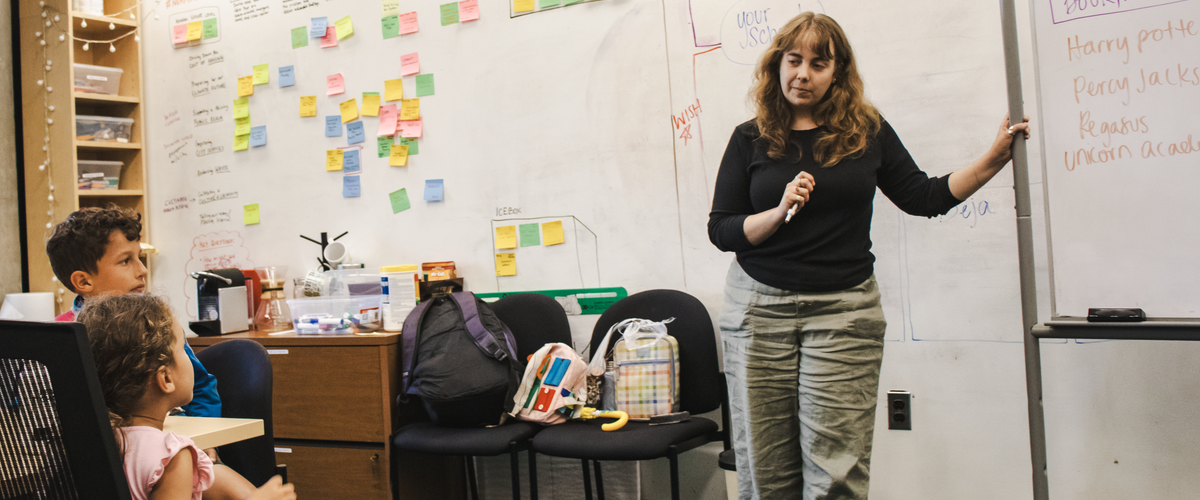When looking for summer internships to complete my practicum, I was drawn to opportunities that focused on improving community health. The recent changes to public health funding greatly impacted the ability of many organizations to offer internships, especially those that provide public services. When I found the Mayor’s Office of New Urban Mechanics (MONUM) summer fellowship, I was elated. I had not realized cities could have a civic research and design department dedicated to improving city services and programs to better serve the people of Boston.
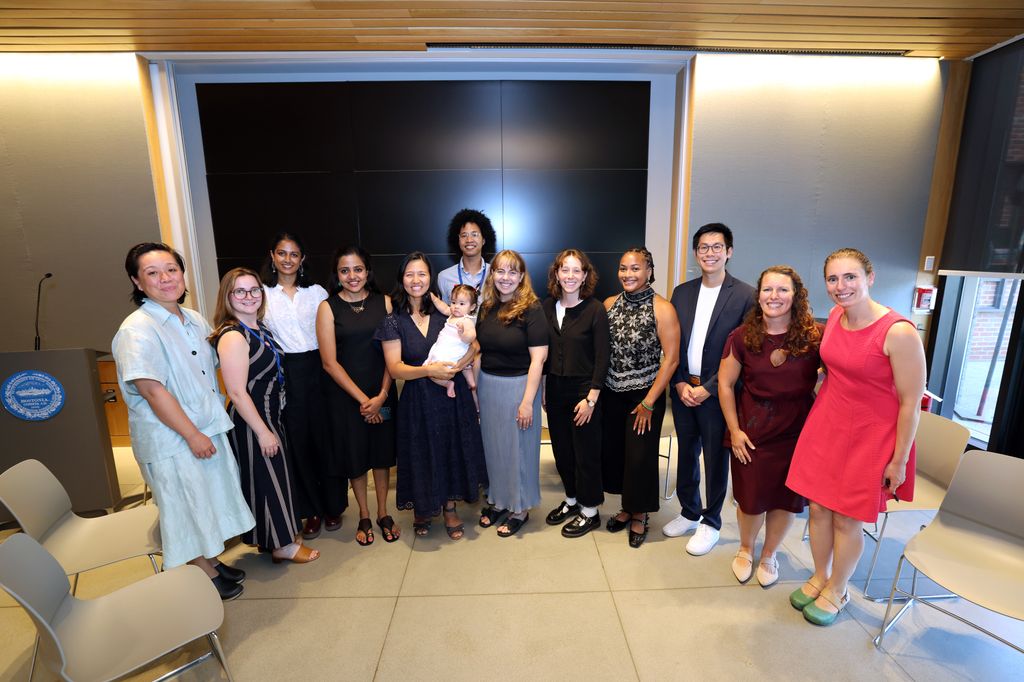
Starting in June, my fellowship cohort and I began our 10-week program to plan and implement a project proposal. The proposals, submitted by other city departments to the MONUM team, focus on improving city communications and resources to better support Boston residents. For my project, BPS Social Stories, I partnered with Boston Public Schools’ Capital Planning Team to create three high-quality, trauma-informed narratives to support students impacted by school closures and mergers. Social stories are typically used in special education classrooms to help students process and adapt to new or challenging situations. These stories provide a visual representation of the actions and emotions that could arise in challenging situations.
During my first week, I worked with my program manager and BPS sponsor to develop a project plan. I conducted multiple community assessments to understand BPS’s long-term planning process and its impact on youth, families, and neighborhoods. Throughout this assessment, I collected data on school transitions, compared the resources and decisions made by similar school districts, and met with key stakeholders, including BPS educators, administrators, and families. I analyzed my data using the Collaborative for Academic and Social Emotional Learning framework and created three prototype social stories on Canva.
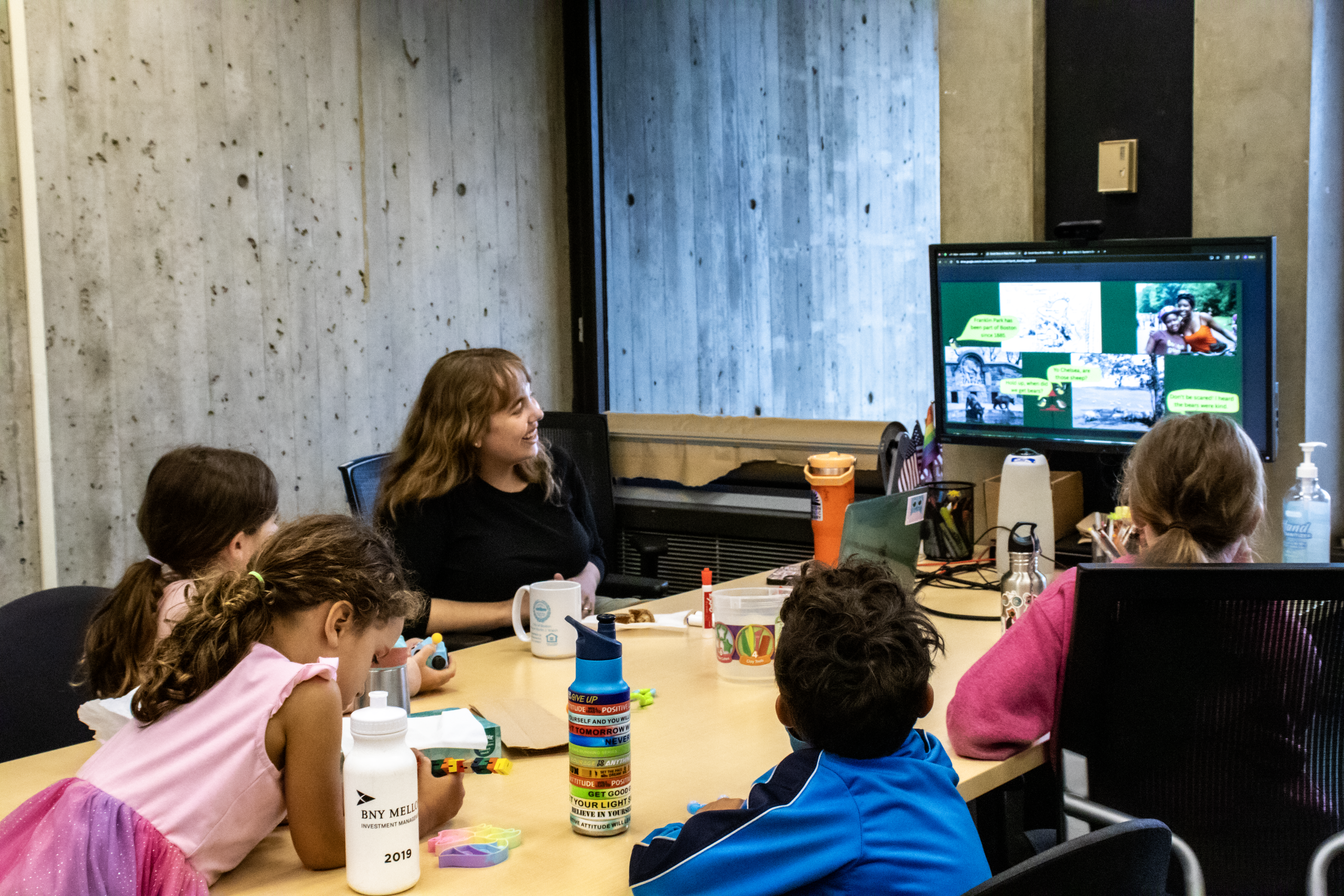
Corryn discussing with a youth focus group on the social stories drafts developed by MONUM.
Photo by Ting Wei Li
I conducted three focus groups with BPS students and administrators to evaluate the clarity, accessibility, and engagement of the stories. Additionally, I collected survey data from educators, counselors, and student support staff on the social story content and program implementation. Based on the feedback, I developed a school implementation plan with guidance for parents, teachers, and promotion. Schools will receive multiple physical copies of each social story in both English and Spanish, as well as virtual versions of the stories translated into all languages spoken in the BPS community.
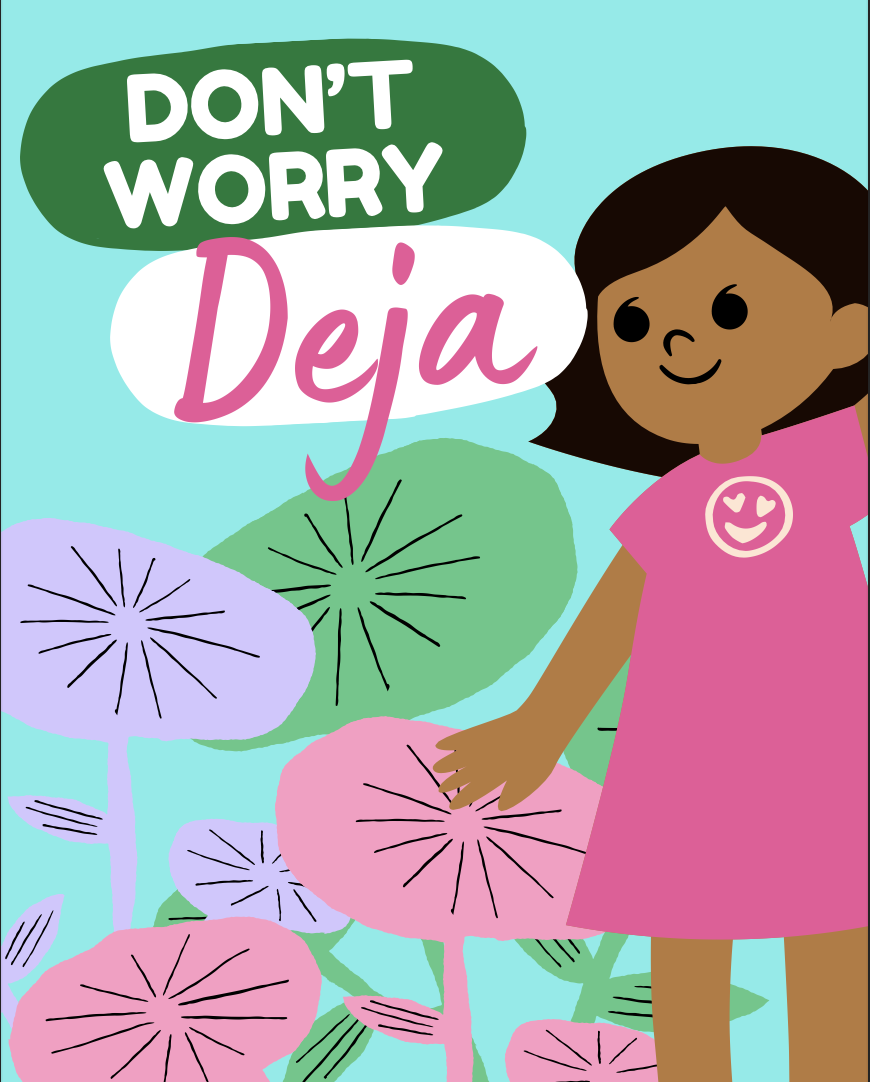
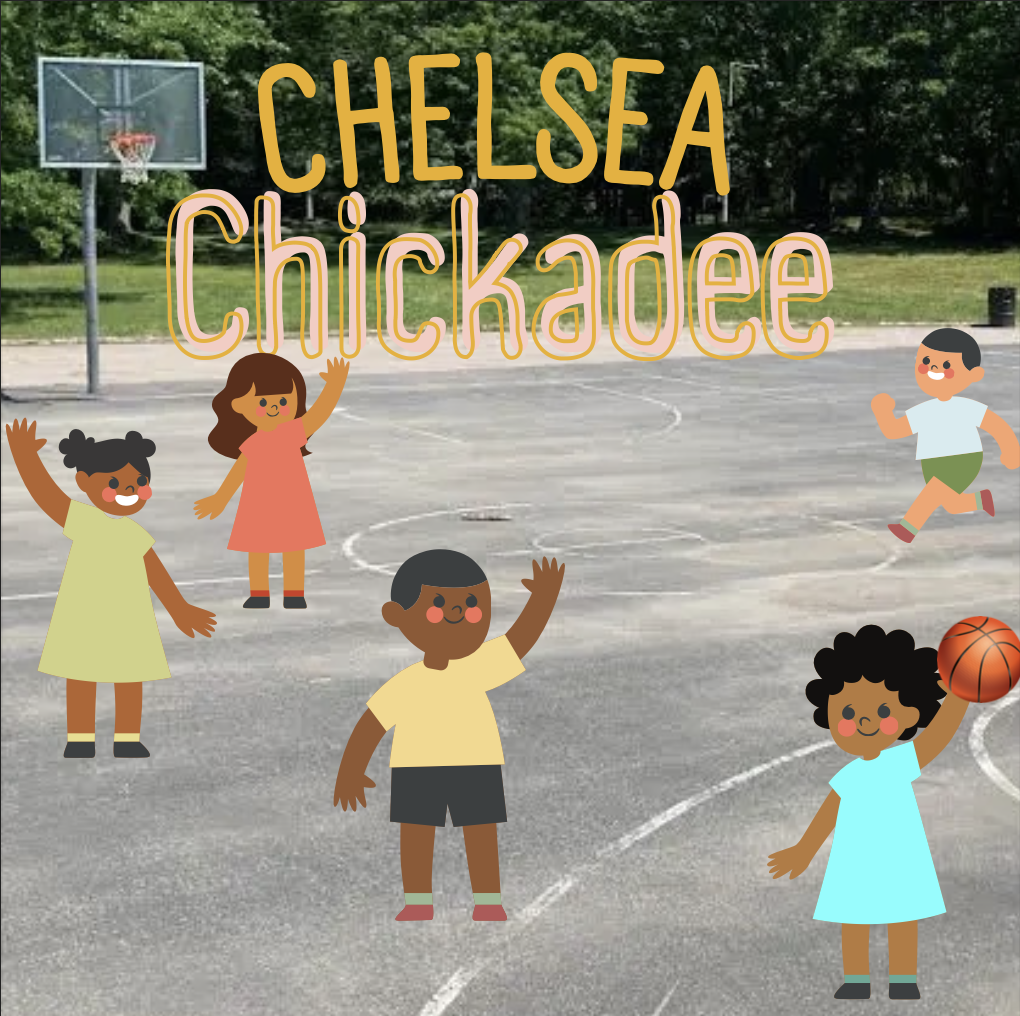
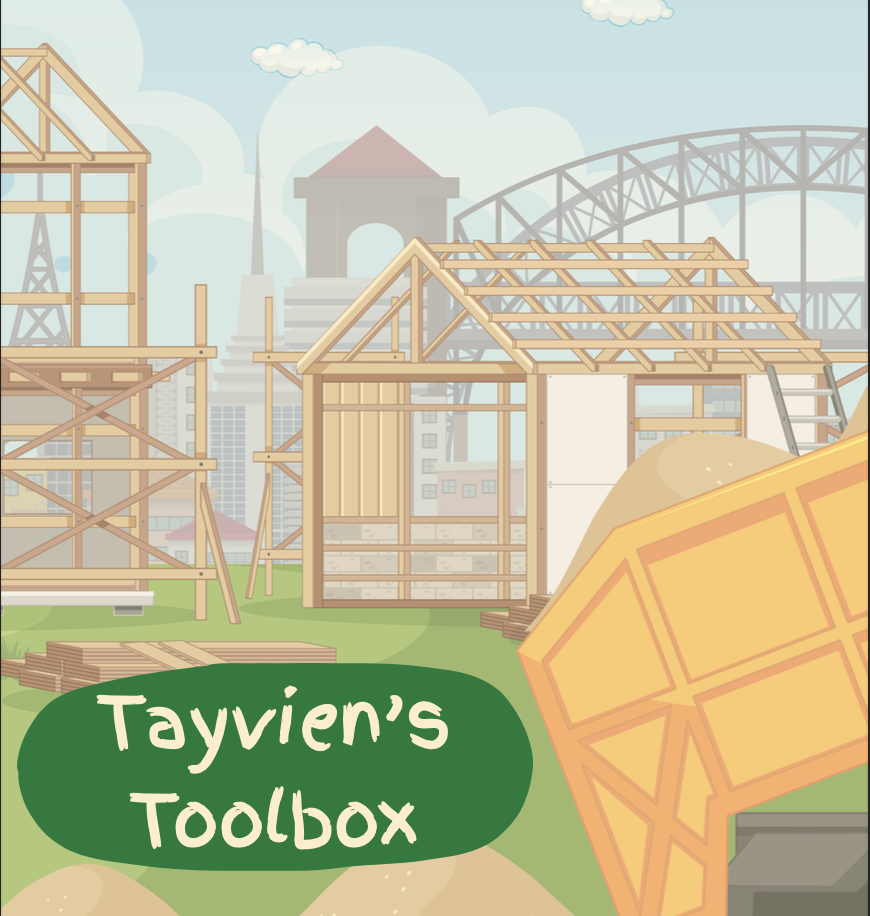
At the end of the program, each fellow presents a summary of their project to city staff and the sponsor department. My presentation focused on the social story creation process and implementation timeline, including an overview of the content and engagement strategies used in each story. The stories are set in Boston and answer questions identified in the youth survey and focus group data. The questions of interest included:
- Why is my school closing?
- What will my new school and teachers be like?
- Will I still be friends with people from my old school?
- And what will happen on the first day of school?
Each story answers the questions and provides examples of coping strategies and other skills to help students navigate the difficult emotions that may arise during the school transition process.
This year, City of Boston Mayor Michelle Wu attended our presentation for city hall staff, and we were able to meet with her afterwards to discuss our project and share our summer experience. Meeting with the Mayor was a unique opportunity to ask questions and hear her perspectives and vision for Boston’s future.
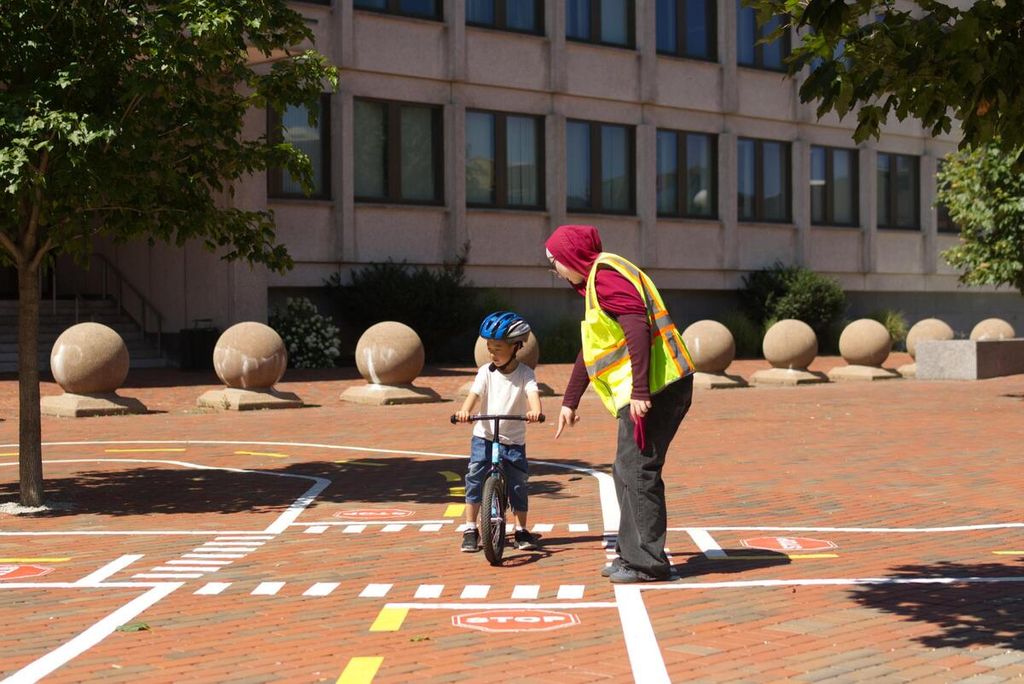
Aside from the project, my fellowship and department team participated in daily programming and events. These events included the International Day of Play, which included a LEGO version of Government Center, and the opening of a new Bike Town (former MONUM fellow project) in City Hall Plaza. The connections I made with fellow employees allowed me to attend community events, including flag raisings, Mayor’s Coffee Hours, and cultural celebrations.
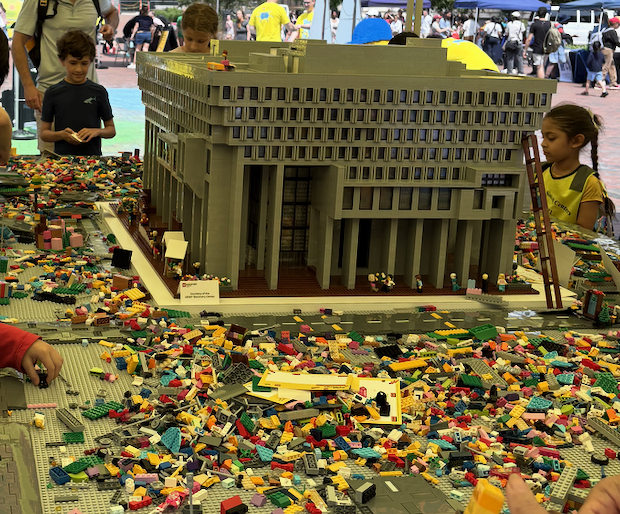
LEGO version of Boston City Hall at the International Day of Play.
Within the MONUM team, we participated in weekly meetings focused on project planning, inter-team collaboration, and skill development. My cohort of fellows brought a diverse set of experiences in education, media communications, urban planning, and creative design. Over the course of the fellowship, I learned new methods for data collection, analysis, and modeling with a focus on communicating information through digital storytelling.
Outside of my department, I had the opportunity to meet with members of the Mayor’s Cabinet to share my project and ask questions about their role. These conversations motivated me to develop a social story builder in addition to the three social stories. The builder provides instructions to help any public service professionals create their own social stories. The instructions include graphic organizers for each section, foundational research, and example materials. While social stories have traditionally been limited to classrooms, they also have strong potential as a communication tool for audiences facing language and learning barriers. After sharing my project process and deliverables with BPS and City Hall staff, they were excited for the opportunity to create their own social stories to help their departments better support the people of Boston.
As I finish my last semester with the BU School of Public Health, I am looking forward to returning to local government and continuing to work to better support my fellow Bostonians.
